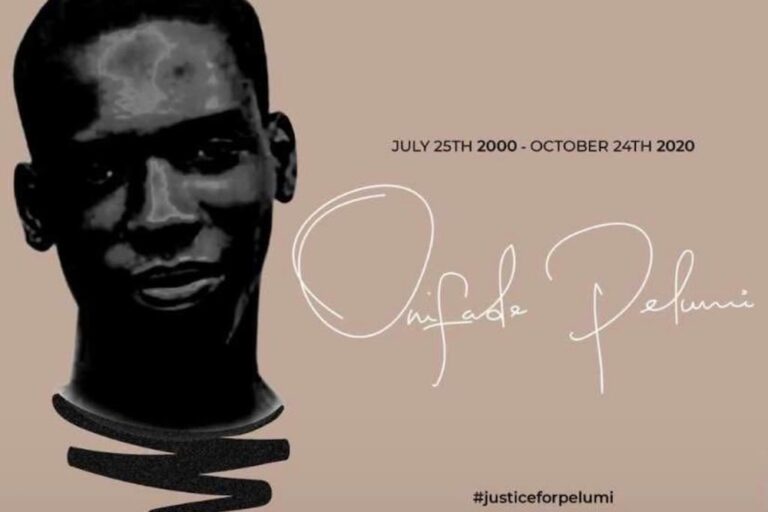(IFJ/IFEX) – The following is a 20 March 2007 IFJ media release: IFJ Urges Nigerian President to Sign Freedom of Information Bill The International Federation of Journalists (IFJ) is urging the President of Nigeria to sign into law the freedom of information bill that will allow Nigerian citizens, researchers and the media to have access […]
(IFJ/IFEX) – The following is a 20 March 2007 IFJ media release:
IFJ Urges Nigerian President to Sign Freedom of Information Bill
The International Federation of Journalists (IFJ) is urging the President of Nigeria to sign into law the freedom of information bill that will allow Nigerian citizens, researchers and the media to have access to information on government business, from government agencies or from private bodies performing public functions.
“The freedom of information bill represents a very important tool for the President’s campaign against corruption,” said Gabriel Baglo, Director of the IFJ Africa Office. “President Obasanjo should not hesitate and sign the bill into law. It would be a big step on the path to freedom of expression in Nigeria and the rest of Africa.”
The IFJ sent a letter to the President of Nigeria on March 15, 2007, urging him to do everything in his power to approve the freedom of information bill without any further delay.
The bill has been pending in Parliament since 1999. The Nigerian House of Representatives approved one version of the bill in 2004 and the Senate unanimously approved a slightly different version in late 2006. The two versions were reconciled and adopted by the full Parliament on February 21, 2007. The bill now requires the assent of the President of the Republic in order to become law.
The bill, if it becomes law, will make Nigeria a leader on the issue of access to information in West Africa and the fourth African nation with a freedom of information law, following South Africa, Uganda and Angola.
The IFJ said that this bill, as a legacy of President Obasanjo’s administration, will not only support the struggle against corruption but will also promote good governance, transparency and democracy. It will be an impetus for other African nations to enact similar laws and for those nations that already have freedom of information laws to enforce them more vigorously.
The IFJ represents over 500,000 journalists in more than 115 countries.


